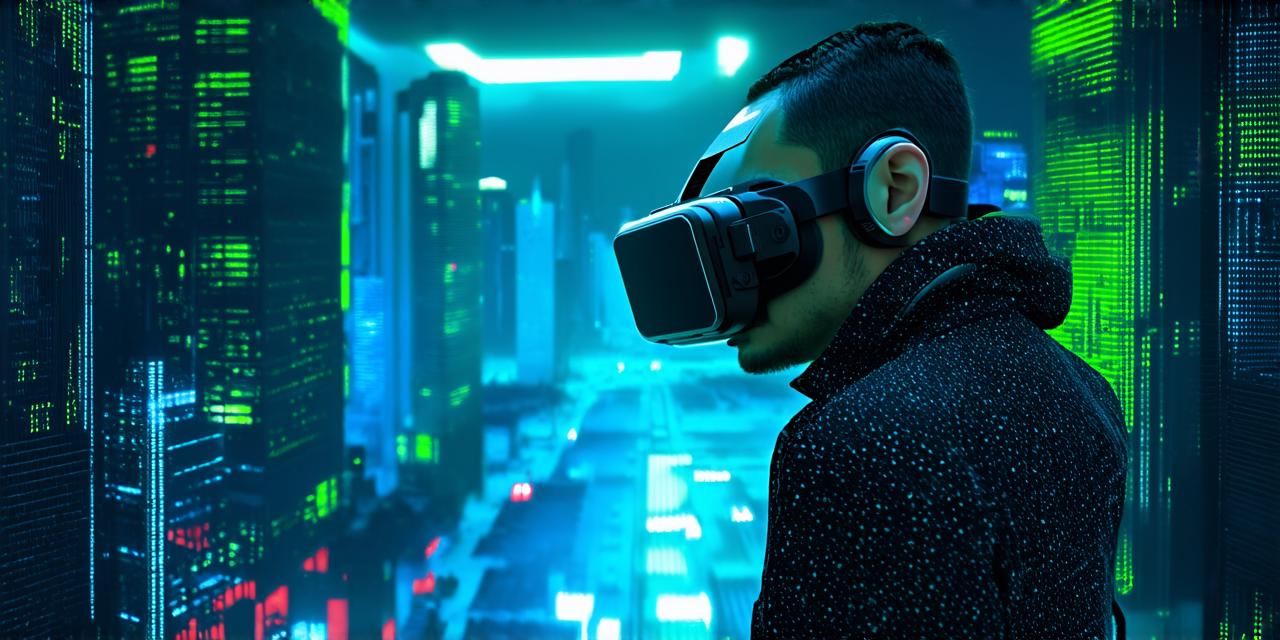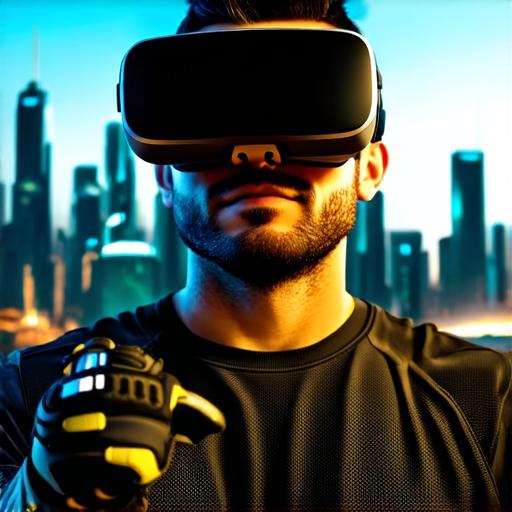
What does experiencing virtual reality feel like?
Virtual reality (VR) is a rapidly growing technology that allows users to immerse themselves in digital environments and experience them as if they were real. But what does it really feel like to be in a virtual world? In this article, we’ll explore the sensations, emotions, and reactions that people have when experiencing VR for the first time.
The Sensations of Virtual Reality
One of the most common experiences reported by VR users is the sensation of being in a different world. This feeling is often described as “disorientation” or “immersion,” and it can take a few moments to adjust to the new environment. Some people also report feelings of nausea, dizziness, or discomfort when first entering a virtual world.
For example, a study by the University of Maryland found that VR users reported feeling more immersed and engaged in the virtual environment than those who experienced traditional media such as movies or TV shows. In addition, a survey by the Virtual Reality Society found that 85% of respondents said they felt “totally immersed” when using VR headsets.
The Emotions of Virtual Reality
Virtual reality can also evoke strong emotions in users. These emotions can range from excitement and exhilaration to fear, anxiety, or even anger. For example, a study by the University of Oxford found that people who experienced VR simulations of extreme sports such as skydiving reported feeling more anxious than those who experienced the same events in real life.
In addition, some users report experiencing “emotional catharsis” when using VR. This refers to the release of pent-up emotions or stress in a safe and controlled environment. For example, a study by the University of Washington found that participants who used VR therapy to treat anxiety reported feeling more relaxed and less anxious after just one session.
The Reactions of Virtual Reality
People’s reactions to virtual reality can vary widely depending on their individual experiences and perspectives. Some users may be fascinated by the technology and eager to explore new virtual worlds, while others may be skeptical or uncomfortable with the idea of immersing themselves in a digital environment.
For example, a study by the Pew Research Center found that 53% of respondents said they were “interested” in VR, but only 27% actually owned a headset. In addition, some users report feeling isolated or disconnected from the real world when using VR, which can lead to feelings of loneliness or depression.

The Science Behind Virtual Reality
There is still much we don’t know about how virtual reality affects the brain and the body. However, research suggests that VR can stimulate the same regions of the brain as real-world experiences, which can lead to similar sensations and emotions.


